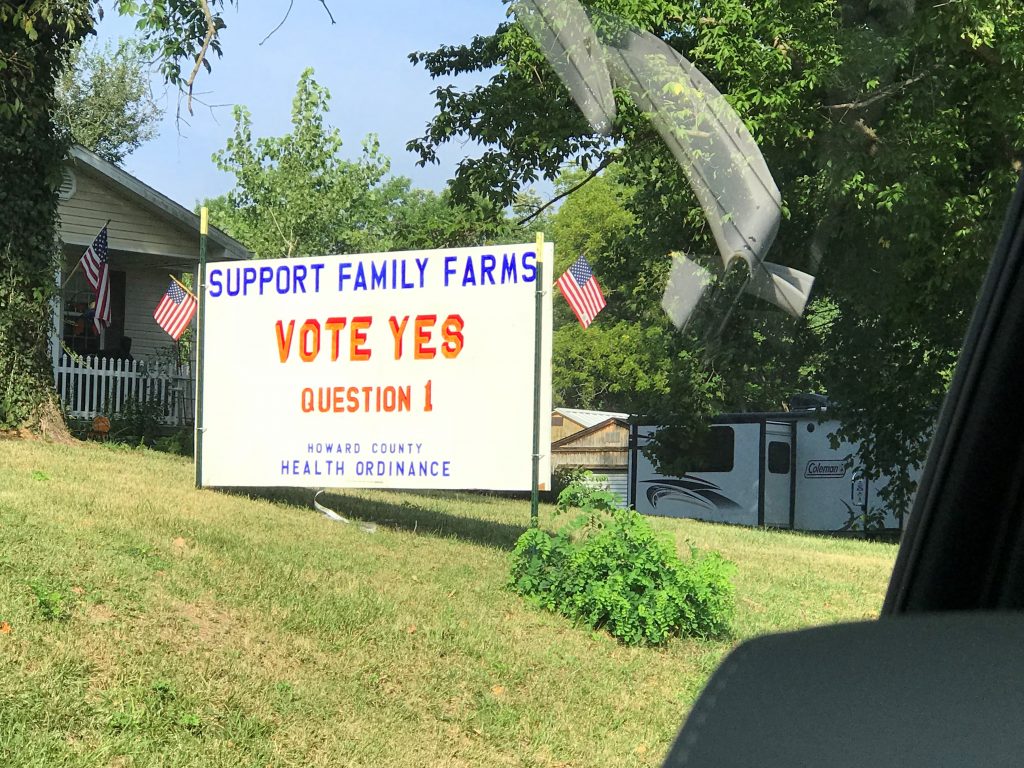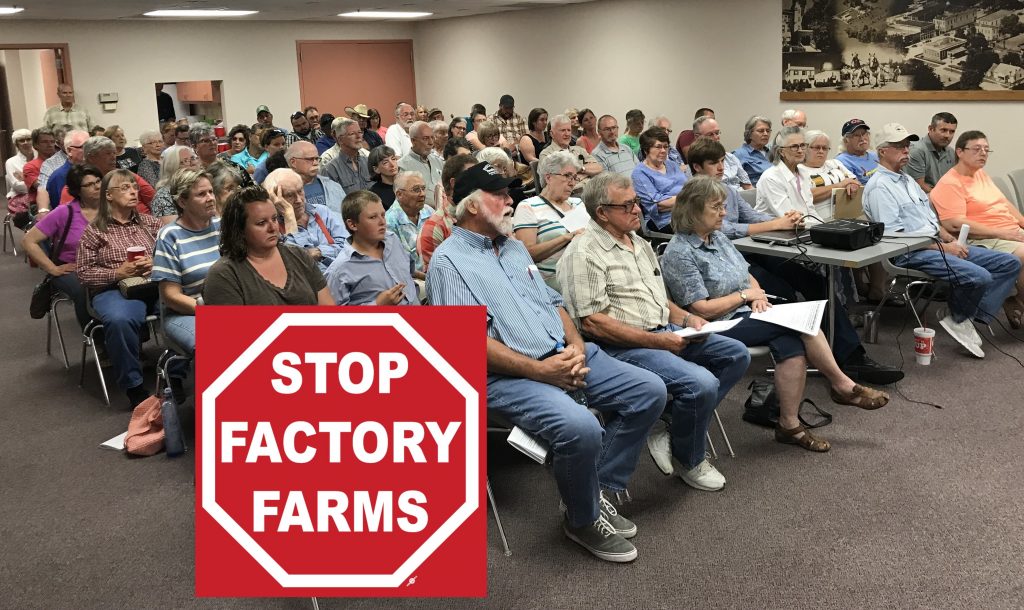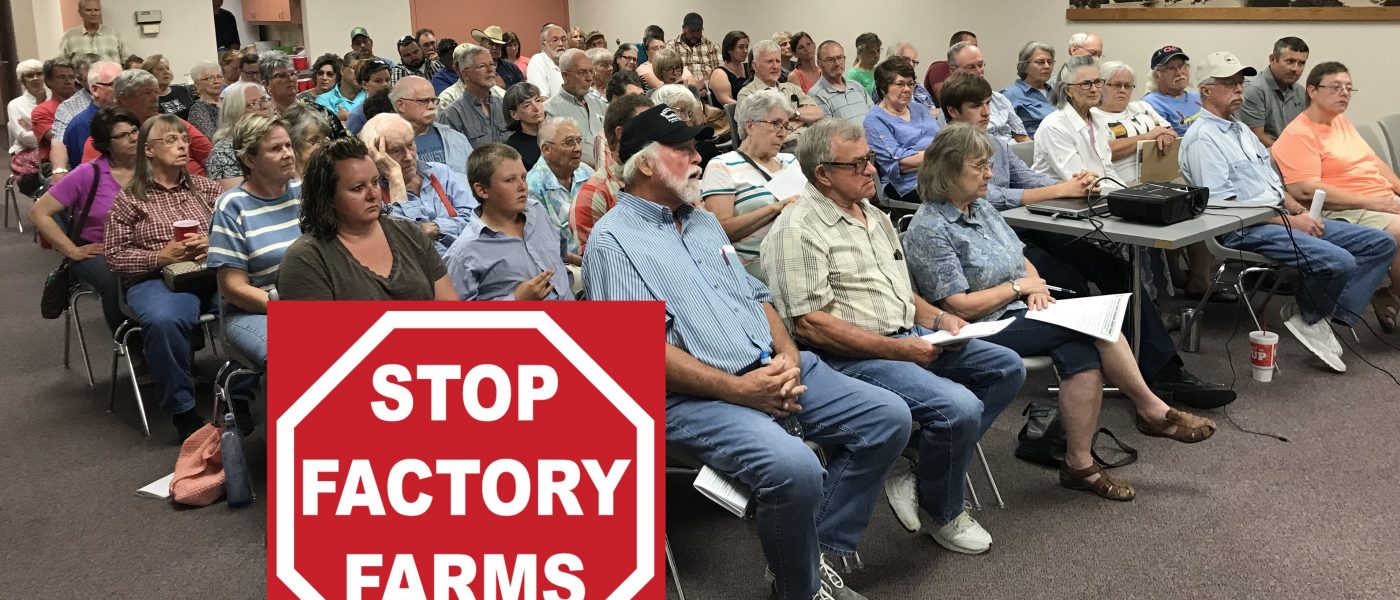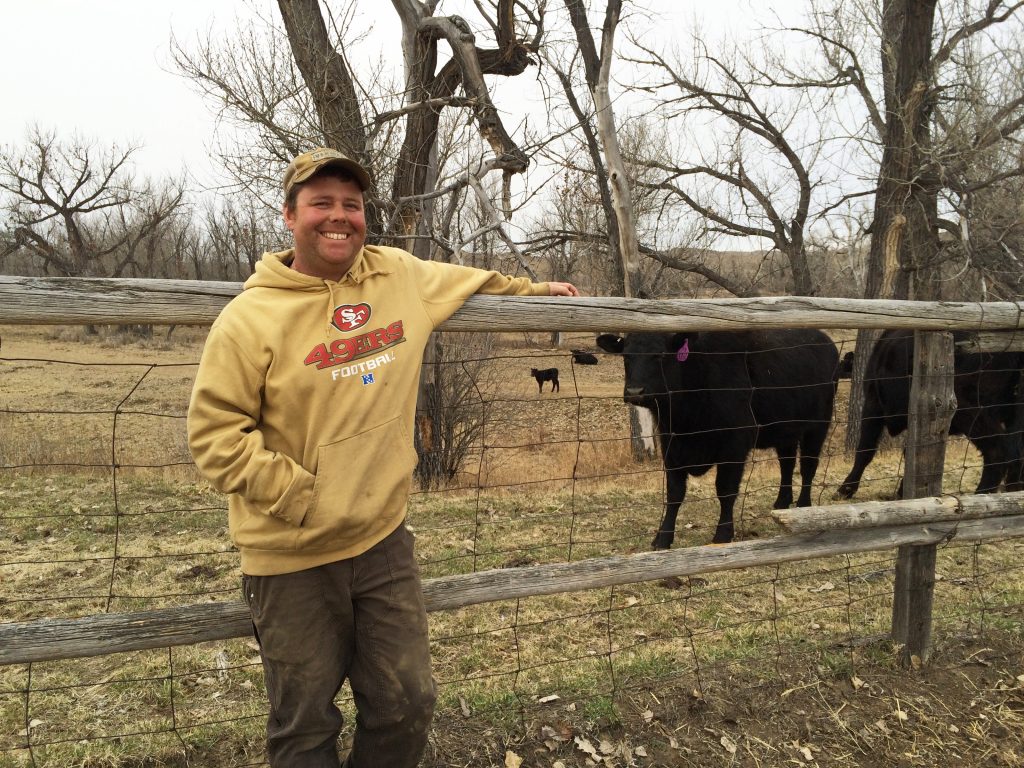Farm Aid partners with organizations all over the country to work towards our mission of creating a family farm-centered system of agriculture in America. Since our first concert in 1985, we’ve granted over $24 million to more than 300 organizations, creating a strong network of allies to keep family farmers on the land. Each year, grantees report back on what they’ve accomplished.
This post features stories from two of our grantees, Northern Plains Resource Council and the Missouri Rural Crisis Center. These grassroots organizations are made up of farmers and community members who work together to protect their local farms.
We’ve condensed and edited each statement for clarity, but the following are our grantees’ own stories in their words. We hope you’ll be as inspired as we are by the uplifting work that’s happening all over our country.
Northern Plains Resource Council
Northern Plains Resource Council is a grassroots conservation and family agriculture group that organizes Montanans to protect their water quality, family farms and ranches, and unique quality of life.
Seth Newton, his parents, and his brother run a commercial cow-calf operation and raise spring wheat outside of Glendive, Montana.
In 2013, a landfill opened just up the road from Seth’s property. It wasn’t an ordinary landfill: it was a disposal site for oilfield waste, the first of its kind in Montana. It opened to take oilfield waste from North Dakota, where no such landfills exist yet. Montana has no regulations overseeing such industrial activity.
The dump sits only 15 feet above an aquifer and is less than a half-mile from a creek that runs downstream through Seth’s place. He contends that the facility has inadequate berming to prevent spills, citing a catastrophic flood in 1978 right where the landfill is located. “A major flood event [like the one in 1978] would wash that facility out,” he said. “It would all go down Deer Creek, and then my operation’s just done.”
“It’s fracking fluid, liquid waste, drilling muds, invert muds, lubricants and hydrocarbon oil product that’s going in there at massively high volume.”
The more he learned, the more worried he got. He explained, “It’s NORM [naturally occurring radioactive materials] – it’s fracking fluid, liquid waste, drilling muds, invert muds, lubricants and hydrocarbon oil product that’s going in there at massively high volume.”
The landfill was so under-the-radar that there was no Environmental Impact Statement, and barely any public knowledge of what was going on at the site. Seth spoke with a professor at the local community college, who put him in touch with Northern Plains’ local affiliate group.
From then on, Northern Plains and our local affiliate, Dawson Resource Council, mounted a campaign for state rulemaking to protect neighboring landowners like Seth who live near potentially dangerous sites like this. Our members circulated petitions in their communities to demonstrate local support for protections. They applied pressure on agency officials, holding face-to-face meetings with decision makers, creating email and letter-writing campaigns, and submitting letters to the editor of local publications. This campaign made it possible for Northern Plains to bring in voices from other parts of the state to help pressure the state to move forward.
In 2017, the state finally entered formal rulemaking, and made their first draft of rules public. Northern Plains members dominated the hearings – one in eastern Montana and one at the state capital – and gave staffers from the state a litany of specific and needed improvements in the rules. Revised rules are in the works after the process was delayed by the death of a state staffer.
These new rules won’t eliminate the disposal site from Seth’s neighborhood, but they will provide assurances that his water won’t be contaminated. With other sites being proposed in other eastern Montana counties, the rules will help protect other farmers and ranchers as well. Seth is a citizen who saw a problem and sought out solutions. He knows the value of working with others to bring solutions to reality.
Missouri Rural Crisis Center
Missouri Rural Crisis Center (MRCC) is an organization founded the same year as Farm Aid, and is often seen at our festival in their iconic red shirts that declare “Stop factory farms!” They engage their members and Missourians in the democratic process, build grassroots power in local and state policy arenas and challenge factory farms coming into local communities.
We are building power and creating opportunities to change farm and food policies in significant ways. Many examples of our work this year highlight the unique and powerful role MRCC plays in rural Missouri for family farmers, rural citizens and consumers fighting back against the corporate concentration of agriculture. We were able to stop corporate interests attempting to marginalize rural communities by exerting undue influence over the democratic process.

A yard sign in Howard County shows support for MRCC’s campaign to keep factory farms out of their community. Photo: MRCC
During the 2018 legislative session, 5,230 people took direct action in our legislative campaigns by making phone calls, sending emails, attending MRCC events, writing letters to the editors of their local news outlets, posting on Facebook, and participating on TV and radio shows. More than 145 MRCC farm and rural members participated in face-to-face meetings with legislators. In 2017-2018, our members engaged in campaigns in their communities to stop or delay construction of six factory farms and participated in numerous local campaigns to protect existing local ordinances that allow the citizens living in the community to decide what kind of agriculture they will have in their community.
“When given a choice, rural Missourians will vote strongly in favor of clean air and water.”
Additionally, we had a notable victory in Howard County. Last year, an out-of-state confined animal feeding operation (CAFO) management company, Pipestone Systems from Minnesota, attempted to build a CAFO with 7,900 hogs in north Howard County. In response, a group of committed Howard Countians, farmers, landowners and MRCC members came together to make sure that CAFOs like these are held accountable to the people who live in Howard County and whose families have lived there for generations.

Missouri Rural Crisis Center host a Howard County Health Ordinance Meeting to stop an incoming CAFO. Photo: MRCC
A county health ordinance was passed that put commonsense safeguards in place to protect the air and water, property rights and property values and the health of Howard County citizens. On August 7th, MRCC members in Howard County, along with a large majority of their neighbors, delivered a powerful message with a resounding vote in favor of keeping their health ordinance – winning all precincts!
When given a choice, rural Missourians will vote strongly in favor of clean air and water, protecting our property values and property rights from unaccountable out-of-state CAFO corporations who have built nothing of value in our communities and have no stake in the future of our counties beyond their bottom line. That victory is an important one statewide, and should be looked to as an example of the importance of local control and the ability of rural Missourians to protect our families, farms and clean water.




